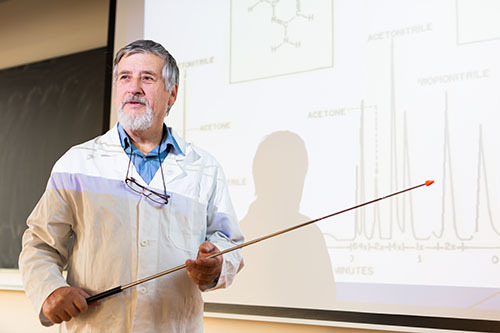
Στον κόσμο πάνω από όλα τα κέρδη της ψηφιοποίησης και του αυτοματισμού, ηθική και η φύση του επαγγελματισμού φαίνεται να είναι υπό εξέταση και δέχεται επίθεση από όλες τις πλευρές. Θα τα νέα ρομπότ για το μπλοκ παρέχουν την ίδια εμπειρία και πολλαπλής νοημοσύνης περιμένουμε από την ανθρώπινη εμπειρογνώμονες? Τι μπορεί να γίνει για τη διατήρηση και την ενίσχυση της ποιότητας των επαγγελμάτων μας?
Σήμερα στο μέρος 2 of our three-part blog mini-series, Σε αναζήτηση της Επαγγελματικής ειδικοί σε θέματα ηθικής, Professor Howard Gardner will discuss this important topic and how, ιδίως, education as a profession is being affected by our rapidly changing world.
Ο Χάουαρντ Γκάρντνερ έχει λάβει πολλές διακρίσεις καθ 'όλη τη διάρκεια της ζωής του, συμπεριλαμβανομένης της υποτροφίας MacArthur. He has honorary degrees from many universities, και έχει χαρακτηριστεί ως ένα από τα 100 οι πιο σημαντικοί διανοούμενοι από το περιοδικό Foreign Policy and Prospects για το έργο του στη μελέτη και διερεύνηση της θεωρίας των πολλαπλών νοημοτήτων. Διευθύνει το έργο GoodWork ™, μια προσπάθεια μεγάλης κλίμακας για τον εντοπισμό ατόμων και ιδρυμάτων που αποτελούν παράδειγμα καλής δουλειάς.
Χάουαρντ, how do you view the professional status of educators?
Some sectors of education are clearly professional, για παράδειγμα, professors (and I am one of them) have higher degrees and receive various kinds of protection in return for the services that they provide. In principle, we professors can also be removed from our positions if we violate the tenets of the academy, για παράδειγμα, publishing work that has been plagiarized or systematically penalizing students who disagreed with us.
Teachers and administrators in the K-12 sector have the status of professionals in many countries; but it is no secret that many teachers in the public sector in the United States are not treated as professionals and there are powerful pressures nowadays, both economic and political, to de-professionalize K-12 education. These pressures range from efforts to destroy teachers’ unions to the manufacturing of curricula, online and offline, that are deemed ‘teacher-proof’.
So whether or not educators are thinking explicitly about whether they are engaged in a recognized profession, we should be and we should try to raise consciousness about a teaching corps that is highly professionalized.
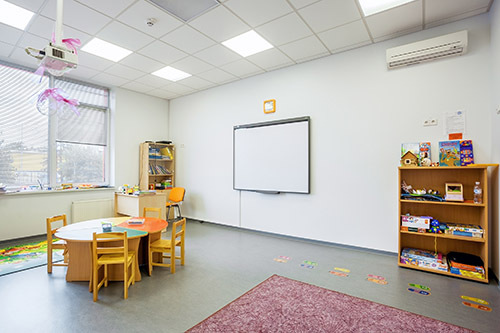
What are the key aspects of professional ethics for educators?
At the core of each profession is a set of values. In the case of education, the values include knowing one’s subject and keeping up with new knowledge; understanding the population(s) with which one is working; passing on the knowledge and values that are central to the community; preparing young people for a future that cannot be fully anticipated; και, most important, treating all students fairly and with dignity.
But what about the issues that current trends in learning present for the education profession?
None of the “valuable” values I’ve previously mentioned can or should be scrapped. But at the same time, it is imperative that educators realize that many forms of knowledge can be presented digitally and we should welcome the many powerful technological advances of recent decades.
Πράγματι, I’d like to replace the word ‘education’ with the phrase ‘life-long learning.’ While complexifying our profession, this move both underscores its importance. No longer is education an occupation that solely serves young people from 5 να 20; μάλλον, it is lifelong, starting at birth and continuing so long as the learner is willing and able. ιδανικά, στο μέλλον, we should think of the range of workers in education, from preschool preceptors to graduate level professor, as members of the same profession.

How important is the compensation factor in the issues facing the K – 12 επάγγελμα εκπαίδευση?
I certainly believe that all professionals, whether teacher, ministers, δικηγόρους, Οι μηχανικοί, ή διαχειριστές, should have a decent living. Society owes that to its valued workers.
And for those who say we can’t afford to pay teachers a decent wage, I ask them to consider how much money we spend on national defense each year and the size of salaries and bonuses that are paid each year to the many thousands who work on Wall Street.
Though criticisms of Teach for America have some validity, I’ve been a fan of that organization and others like it. We need to attract talented young college graduates to the profession of education and TFA has succeeded in this respect. But if we want to keep talented teaching novices in the profession, and help them become seasoned professionals, then we need both a viable career path και a salary scale that allows teachers to lead a decent middle class life. We know that this can be done because it is being done in countries as different from one another as Finland, Πολωνία, and Singapore.
In the United States today, we are making a fundamental error, indeed a fatal error, by evaluating individuals by the amount of money that they make. This is the biggest change in American society over the last half century: Στα μέσα του 20ου αιώνα, professionals were comfortable but did not expect to live like millionaires. That situation has changed fundamentally and is the single biggest threat to a society that wants, πράγματι, that needs, to have cohorts of competent professionals. It’s a reason that I do not favor for-profit educational systems. Once the principal, if not the only, purpose of education becomes the achievement of profit, then the other values are ultimately undermined.
How are compensation issues affecting higher education?
Though less in the public eye than K-12 education, our colleges and universities are also posing big threats to the education profession. More and more teaching is done by adjuncts, who move from one campus to another each day and who barely eke out a living. These individuals – who work so hard and get neither adequate compensation nor reasonable respect, have great difficulty in behaving like professionals, even if they aspire to do so.
On the other end of the spectrum, those fortunate enough to hold tenured positions in elite institutions often direct their primary allegiance to their discipline and their disciplinary colleagues scattered around the world, and not to their students or to the particular institutions in which they work. And some of them chase money as much as do their peers in law or medicine. I especially deplore the huge salaries paid to presidents, athletic coaches, and those who manage the endowments. Though technically working at non-profit institutions, these individuals are as market-driven as those who work in the for-profit world.
It has taken centuries for the United States to develop a set of colleges and universities that have justifiably been admired all over the world. And it would indeed be tragic if these institutions were to be undermined by de-professionalization of faculty and others in leadership positions.
And so there is much to be done if we want to establish and maintain a genuine profession of education, or indeed a family of professions.
In Howard’s final blog in this series, he will share his recommended steps on becoming ethical professionals.
(All Photos are courtesy of Shutterstock and CMRubinWorld)
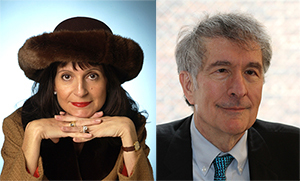

Έλα μαζί μου και παγκοσμίως γνωστή ηγέτες σκέψης συμπεριλαμβανομένου του Sir Michael Barber (Ηνωμένο Βασίλειο), Ο Δρ. Michael Block (ΗΠΑ), Ο Δρ. Leon Botstein (ΗΠΑ), Καθηγητής Clay Christensen (ΗΠΑ), Ο Δρ. Linda Ντάρλινγκ-Hammond (ΗΠΑ), Ο Δρ. MadhavChavan (Ινδία), Ο καθηγητής Michael Fullan (Καναδάς), Ο καθηγητής Howard Gardner (ΗΠΑ), Ο καθηγητής Andy Hargreaves (ΗΠΑ), Ο καθηγητής Yvonne Hellman (Η Ολλανδία), Ο καθηγητής Kristin Helstad (Νορβηγία), Jean Hendrickson (ΗΠΑ), Καθηγητής Rose Hipkins (Νέα Ζηλανδία), Καθηγητής Cornelia Hoogland (Καναδάς), Αξιότιμο Jeff Johnson (Καναδάς), Η κ. Chantal Kaufmann (Βέλγιο), Ο Δρ. EijaKauppinen (Φινλανδία), Υφυπουργός TapioKosunen (Φινλανδία), Ο καθηγητής Dominique Λαφοντέν (Βέλγιο), Ο καθηγητής Hugh Lauder (Ηνωμένο Βασίλειο), Lord Ken Macdonald (Ηνωμένο Βασίλειο), Ο καθηγητής Geoff Masters (Αυστραλία), Καθηγητής Barry McGaw (Αυστραλία), Shiv Nadar (Ινδία), Καθηγητής R. Natarajan (Ινδία), Ο Δρ. PAK NG (Σιγκαπούρη), Ο Δρ. Denise Πάπα (ΗΠΑ), Sridhar Rajagopalan (Ινδία), Ο Δρ. Diane Ravitch (ΗΠΑ), Richard Wilson Riley (ΗΠΑ), Sir Ken Robinson (Ηνωμένο Βασίλειο), Καθηγητής Pasi Sahlberg (Φινλανδία), Καθηγητής Manabu Sato (Ιαπωνία), Andreas Schleicher (PISA, ΟΟΣΑ), Ο Δρ. Anthony Seldon (Ηνωμένο Βασίλειο), Ο Δρ. David Shaffer (ΗΠΑ), Ο Δρ. Kirsten Μοναδική Are (Νορβηγία), Στήβεν Spahn (ΗΠΑ), Yves Theze (LyceeFrancais ΗΠΑ), Ο καθηγητής Charles Ungerleider (Καναδάς), Ο καθηγητής Tony Wagner (ΗΠΑ), Sir David Watson (Ηνωμένο Βασίλειο), Καθηγητής Dylan Γουίλιαμ (Ηνωμένο Βασίλειο), Ο Δρ. Mark Wormald (Ηνωμένο Βασίλειο), Ο καθηγητής Theo Wubbels (Η Ολλανδία), Ο καθηγητής Michael Young (Ηνωμένο Βασίλειο), και ο καθηγητής Minxuan Zhang (Κίνα) καθώς εξερευνούν τα μεγάλα ζητήματα της εκπαίδευσης εικόνα που όλα τα έθνη αντιμετωπίζουν σήμερα.
Η Παγκόσμια αναζήτηση για την Εκπαίδευση της Κοινότητας Σελίδα
C. M. Rubin είναι ο συγγραφέας των δύο πολυδιαβασμένα online σειρά για την οποία έλαβε ένα 2011 Βραβείο Upton Sinclair, “Η Σφαιρική Αναζήτηση για Εκπαίδευση” και “Πώς θα μας Διαβάστε?” Είναι επίσης ο συγγραφέας του μπεστ σέλερ τρία βιβλία, Συμπεριλαμβανομένων Η Ρεάλ Αλίκη στη Χώρα των Θαυμάτων, Είναι ο εκδότης του CMRubinWorld, και είναι ένα Ίδρυμα Fellow δι'υπερήχων.
Ακολουθήστε C. M. Rubin στο Twitter: www.twitter.com/@cmrubinworld



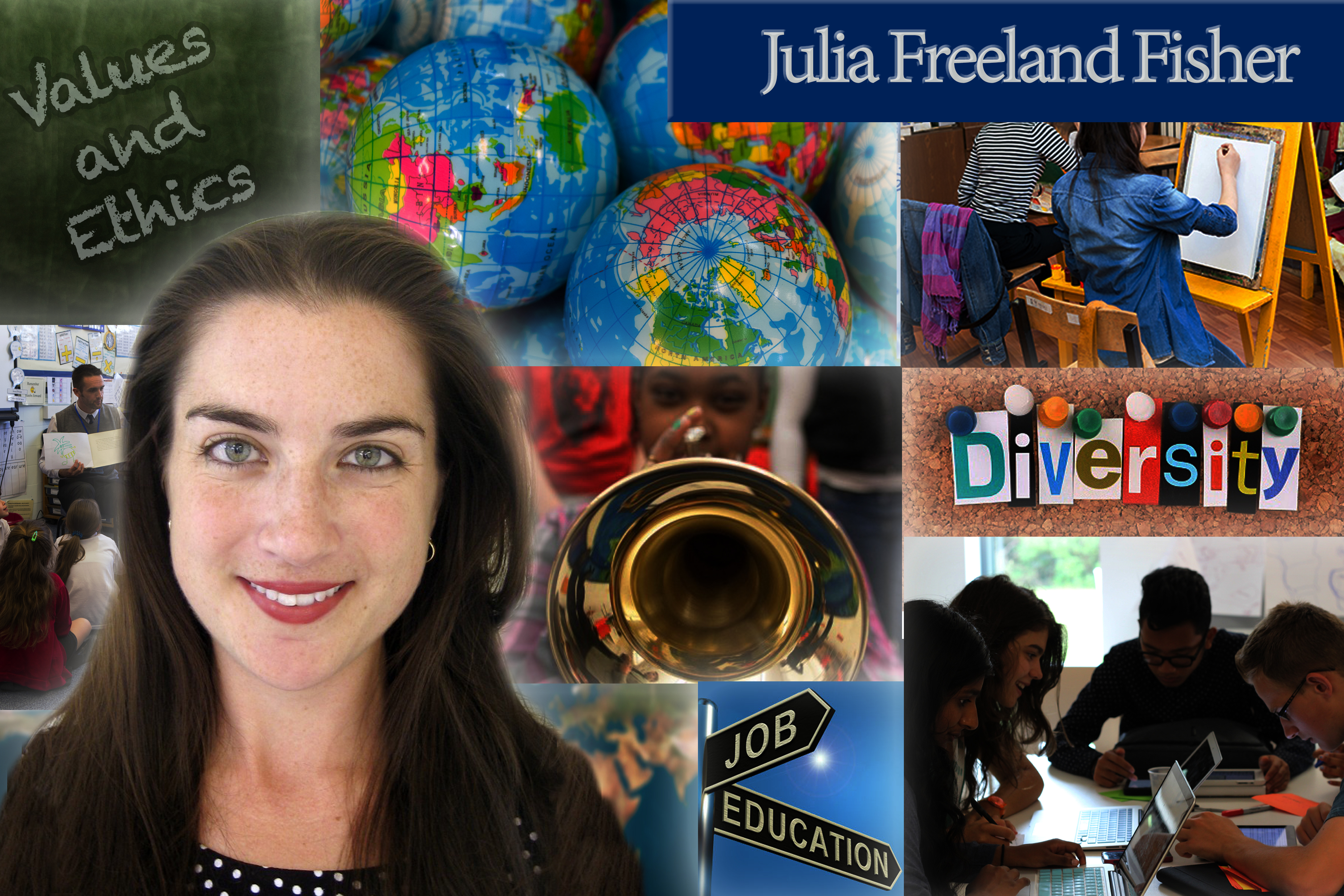
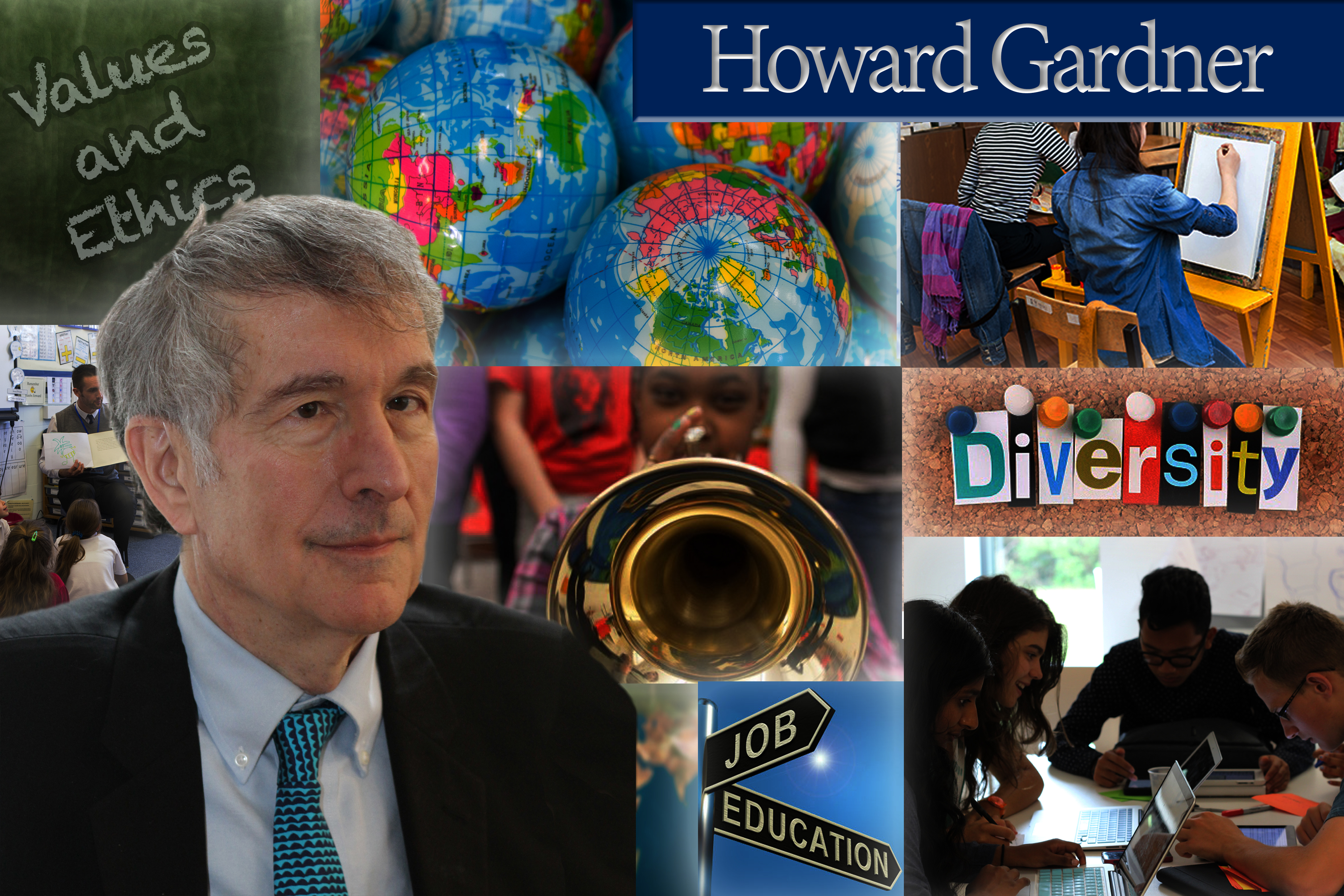
Πρόσφατα σχόλια